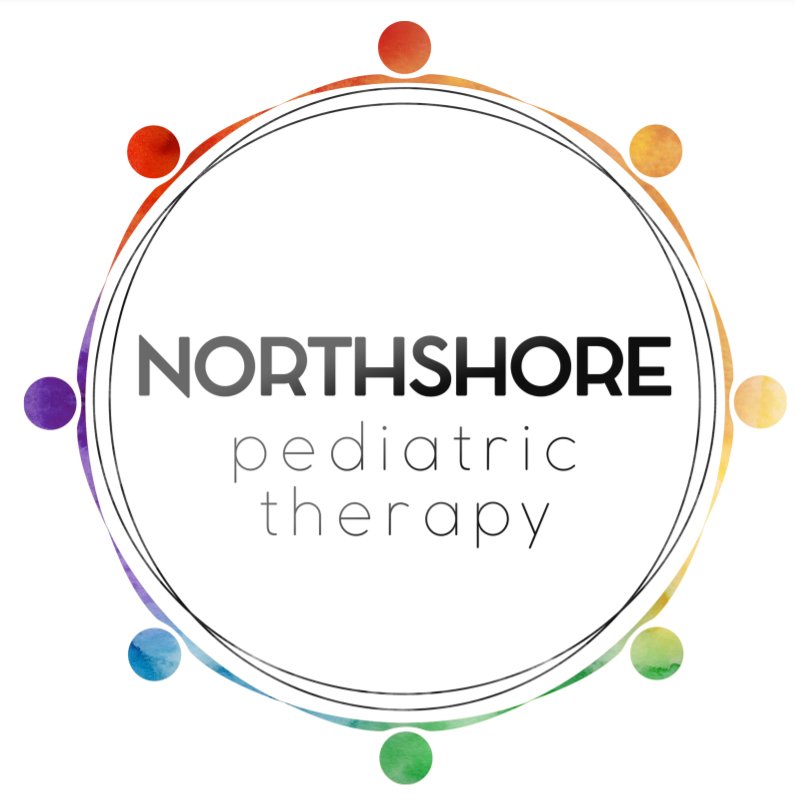Speech Therapy
-
Speech therapists (aka speech-language pathologists, or SLPs) are healthcare providers. In a pediatric setting, they work with children and their families to build speech, language, cognitive, social communication, and sometimes feeding and swallowing skills. Through the use of exercises, activities, and strategies, SLPs can help kids with diverse needs to improve their communication and oral function.
-
On the surface, a speech therapy session might just look like two people playing together. But it’s actually much more!
Every session is uniquely designed to address a child’s communication goals. When working with infants, toddlers, and school-age children, speech therapy interventions may address a variety of neurodevelopmental (brain-based developmental) conditions.
-
Common goal areas can include:
Saying sounds/words clearly and correctly
Following directions
Using correct pronouns
Using full sentences with correct word order
Answering questions
Being understood by others
Making and keeping friends
Taking Turns
Maintaining a topic of conversation
Understanding sarcasm and humor
Reading, writing or spelling
Rhyming words
Learning new vocabulary
-
Caregiver concern is a solid first step for finding the answer.
Signs that your child may benefit from a speech therapy evaluation and ongoing support include:
Difficulty saying sounds/words/sentences correctly
Trouble with understanding directions
Challenges understanding classroom materials
Not meeting grade-level reading, writing or spelling skills
Showing signs of frustration or avoidance
Using “slushy” or unclear speech
Having a rough or hoarse voice, or a voice that is too quiet
Repeating sounds, words, or phrases multiple times
Appearing to get “stuck” while trying to speak
Occupational Therapy
-
Occupational therapists (OTs) are healthcare providers that help people, of all ages, engage in meaningful activities that they want or need to do in their everyday lives. In pediatrics, an OT will work with the child and family to support engagement in the activities that are meaningful to them. OTs use play activities, specifically tailored modifications and supports, and family home programs to support a child’s success in daily activity participation.
-
An OT is the “occupation expert!” A pediatric OT works with the child and their family to support engagement in the activities that are meaningful to them. Some of the skills we might work on include:
Self regulation, emotional or behavioral difficulties
Problem solving, attention, and organization
Hand- eye and body coordination
Handwriting or typing skills
Dressing skills, including buttons, zippers, shoelaces
Bathing and toileting
Feeding and eating challenges
Sensory processing concerns
Accommodations and supports
Play and peer interaction skills
Self advocacy
Activity perseverance
Flexible thinking skills
-
For an OT, “occupations” are the meaningful activities that we want and need to do in our everyday lives, from brushing your teeth and getting dressed to eating meals with your family or going to school.
Everyone, of all ages, participates in occupations. An OT provides services that support engagement in these activities!
-
Signs that your child may benefit from OT services include:
Child appears clumsy or uncoordinated
Frequent emotional outbursts
Delayed fine motor or gross motor milestones
Difficulty playing with a variety of toys
Trouble with potty training
Sensitive to the physical touch, clothing, or messy play
Sensitive to loud or unexpected noises
Trouble sitting still or “always on the move” in a way that interferes with daily life
Difficulty “staying on task” and organized during a routine activity
Trouble playing and cooperating with peers
Difficulty with fine motor tasks, such as handwriting, buttoning, or shoe tying
Child is a picky eater and it is interfering with their ability to eat a varied, healthy diet
-
Below are some common diagnoses that OTs often see and provide support for, but every child’s needs are different, so check with your pediatrician or give us a call if you would like to know more.
Autism
ADD/ADHD
Sensory Processing Disorder Behavioral or mental health disorders
Neurological conditions
Genetic disorders
Intellectual and developmental disabilities
Developmental delays Traumatic Brain Injury
Down Syndrome
Cerebral Palsy
Auditory Processing Disorder Chronic pain or fatigue
Anxiety
Dyslexia
Global developmental delay Fetal alcohol syndrome



